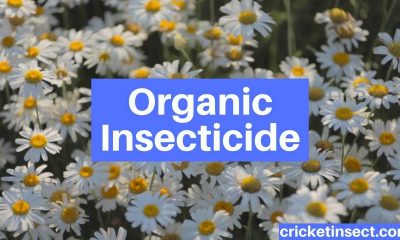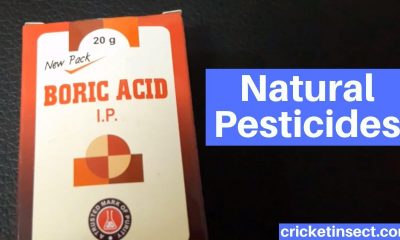Cricket insect
Homemade Insecticide to Get Rid of Crickets and Other Insects
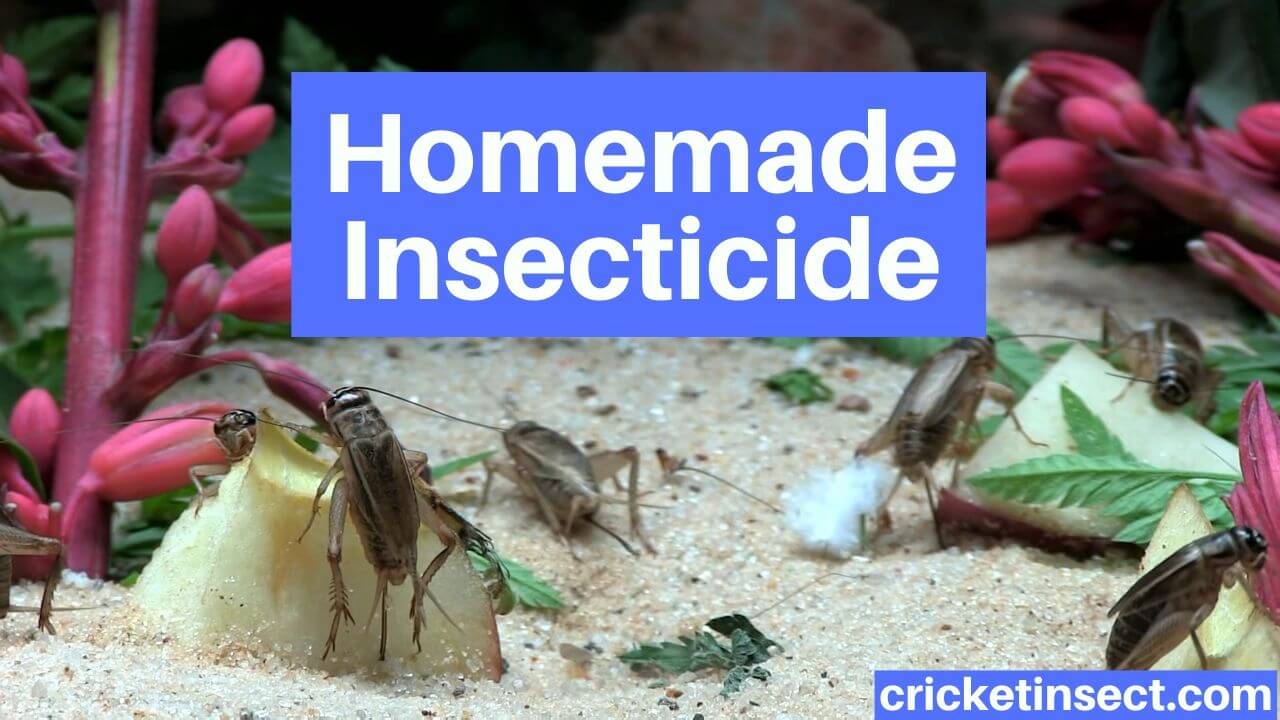
A homemade insecticide is readily available from ingredients found in your home and are inexpensive to make yourself. There are countless recipes for people to use to make homemade natural insecticides on their own for example, a homemade insecticide like clove oil spray is much more effective as insects cannot develop an immunity to them. Insects and cloves do not mix, insects naturally do not go well together and as a result, they have a natural aversion to the smell and flavor of cloves and are smothered when they come into contact with clove oil.
How about insecticide soap (see below), look if you want to try the environmentally friendly organic versions of pest control there are many to choose from, a homemade insecticide is much milder than the highly toxic chemicals in many commercial insecticides and that is the reason many people are looking seriously at them.
Insecticide Soap
Another method is insecticidal soaps which dissolve the target insects exoskeleton so many hard shell beetles can be. Some people use insecticidal soap to control common pests such as aphids but that is unnecessary since a sharp stream of plain water works just as well on them. Of tomato hornworms for example, a common pest of solanaceous plants, especially tomato, insecticides are widely-used against this pest on seedling tomatoes.
Soaps vary in alkalinity and strength so it is best to err on the side of caution, at least when you make a fresh batch. If in doubt test a small part of a plant with a few applications before spraying the whole thing. Soap is one of the most useful weapons we have at our disposal. We often forget just how versatile soap is. Soap insecticides only kill small, soft-bodied insects like aphids, spider mites, white flies, mealybugs, and immature scales. They will also destroy all eggs, including those of moths, flies, and beetles, as well as very small larvae.
Garlic
Garlic oil has proven effective if sprayed on a pond to kill mosquito larvae. Garlic is also a popular product used to repel a number of other harmful insects, such as chiggers, borers and other types of pests that can cause substantial damage to garden plants and fruit trees. However, garlic oil has also killed innocent insects in the process so caution is recommended if you wish to encourage the predatory garden insects such as ladybirds who eat some common pests.
Crush the cloves of garlic, crushed coarsely until you obtained approximately 30 grams. Now get a quart of water then mix the ground garlic with the water. During this time, boil 1 litre of water and combine, leave overnight and strain, add some vegetable oil, pour into a spray bottle and use immediately this homemade liquid spray cannot be stored.
Nicotine
Nicotine can be deadly to many insects and also humans when swallowed in concentrated form. The nicotine compound strikes the neuromuscular system of the insect causing them to go into convulsions and die. Spraying nicotine on your garden plants is very effective against most insects, but are usually used for aphid infestations. It is not recommended to use nicotine sulfate on plants you intend to use for your own consumption. Liquid nicotine can be purchased which then can be used in your own sprays, the concentrations are to be measured from the manufacturer’s directions, at the very least you should test your concoction on some leaves before overall application.
Pyrethrum
Pyrethrum, the single-flowered chrysanthemum variety that looks more like a common daisy than the classic autumnal “mum,” makes an excellent deterrent to aphids, spiders, ants, cockroaches, flies and bedbugs. Although all-natural and considered harmless to mammals, pyrethrum is extremely powerful, so it is recommended you wear a mask when working with the powdered form, and use large amounts of water to dilute it. Pyrethrum is an African flowering plant from the chrysanthemum family and is deadly to most insects. However, because it is not systemic and is destroyed by UV light, it is not deadly to mammals and can be safely sprayed on vegetables and fruit when picked 12-48 hours after application.
Compatible Sympathetic Planting
Plant marigolds and feverfew around vegetable and flower gardens. Most insects dislike the strong odor. Plants belonging to the nightshade family (tomatoes, potatoes, etc.) have large amounts of compounds called “alkaloids” in their leaves. These compounds are water-soluble and can be extracted by soaking chopped leaves then using as a spray. Plants with light-colored foliage in particular? tend to become burned by soaps.
Planting garlic randomly throughout the garden helps as well. Some rodents LOVE garlic, but they have a good sense of smell and the strong jalapeno aroma really annoys them. Plants in poorly drained sites often develop Pythium or Phytophthora root rot diseases. The roots become mushy and discolored (dark brown). Plants in nature have evolved to disperse their own chemicals through aromatherapy to prevent the elimination of the species. This is part of the natural ecology and food chain.
Plant the daylilies in front of the daffodils. The new growth of daylilies arrives just in time to hide the spent daffodils.
Gardeners love some insects such as lady beetles, predatory mites and similar bugs because they are natural predators of spider mites and other small specimen pests these good insects can easily get rid of the problem for you. Since these predators are also susceptible to insecticides, make sure to spray them carefully and save the beneficial insect species.
-
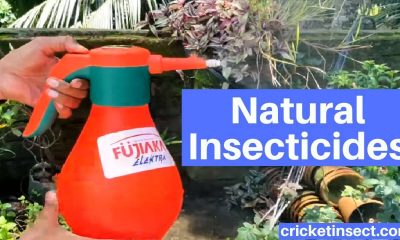
 Cricket insect8 years ago
Cricket insect8 years agoNatural Insecticides to Get Rid of Insects
-
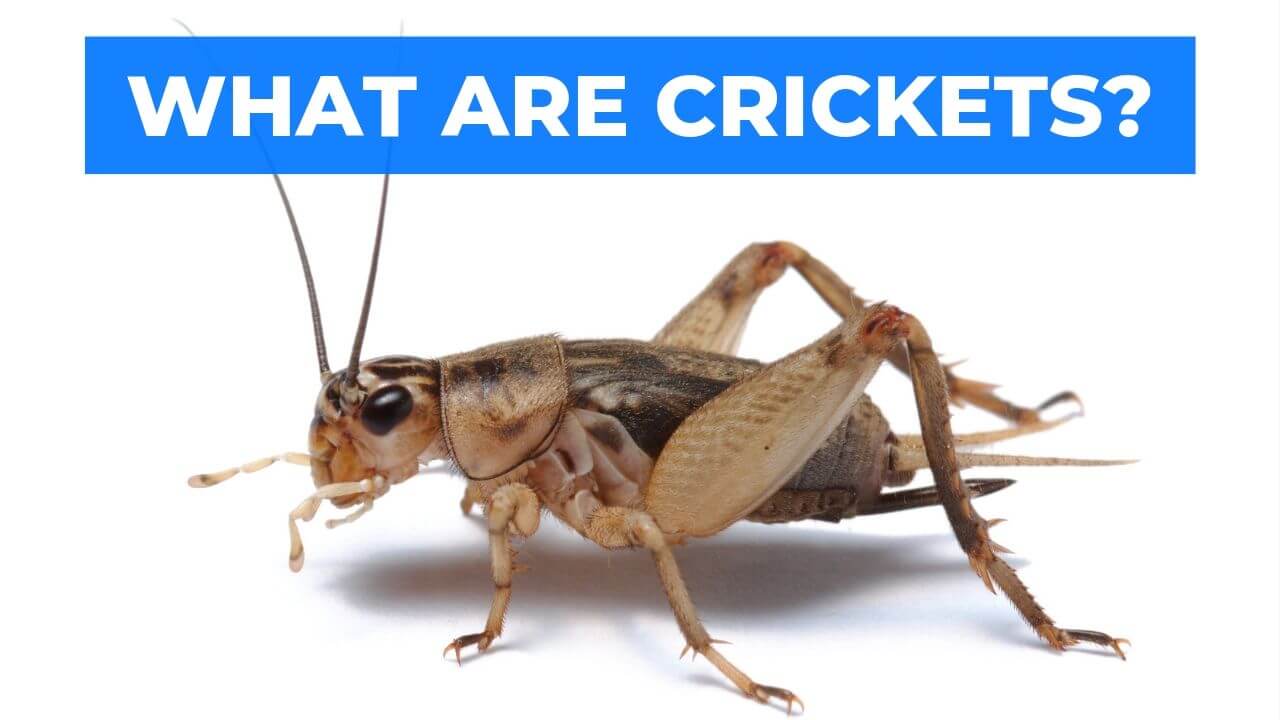
 Cricket insect6 years ago
Cricket insect6 years agoCricket Insect
-
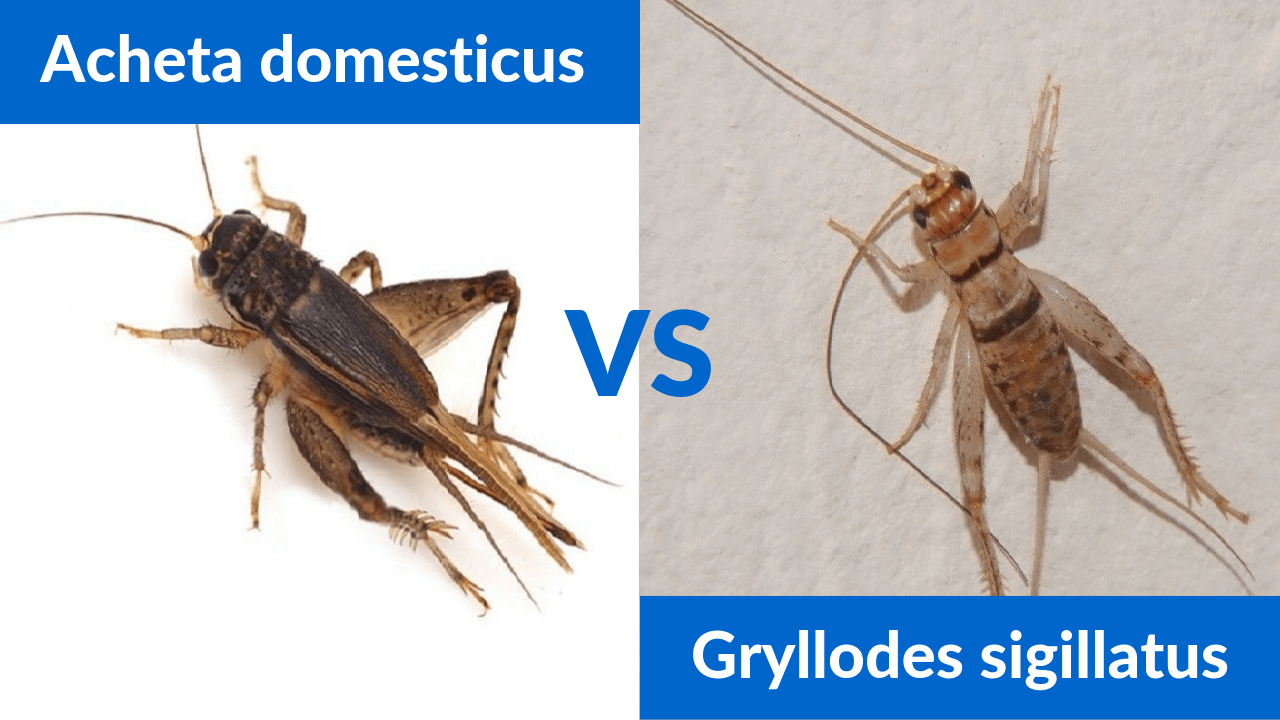
 Cricket Farming6 years ago
Cricket Farming6 years agoStarter Crickets: Acheta domesticus vs Gryllodes sigillatus Tutorial 2
-
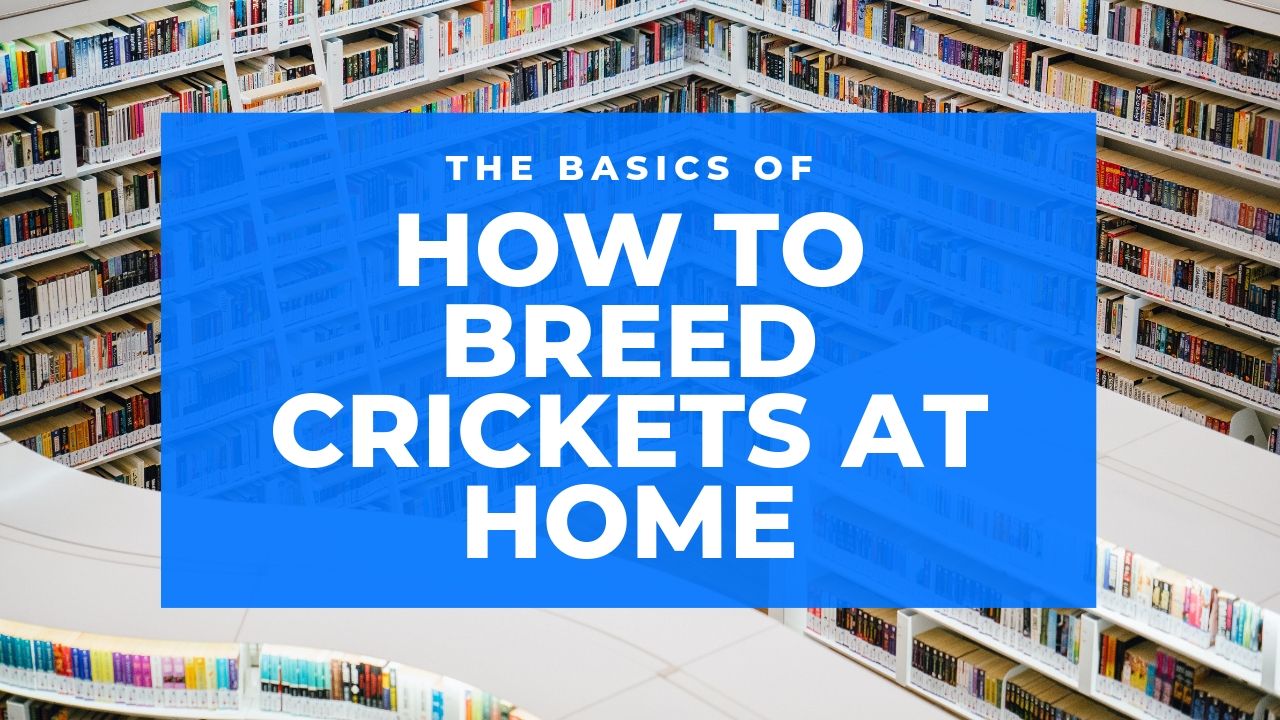
 Cricket insect6 years ago
Cricket insect6 years agoHow to Breed Crickets at Home
-
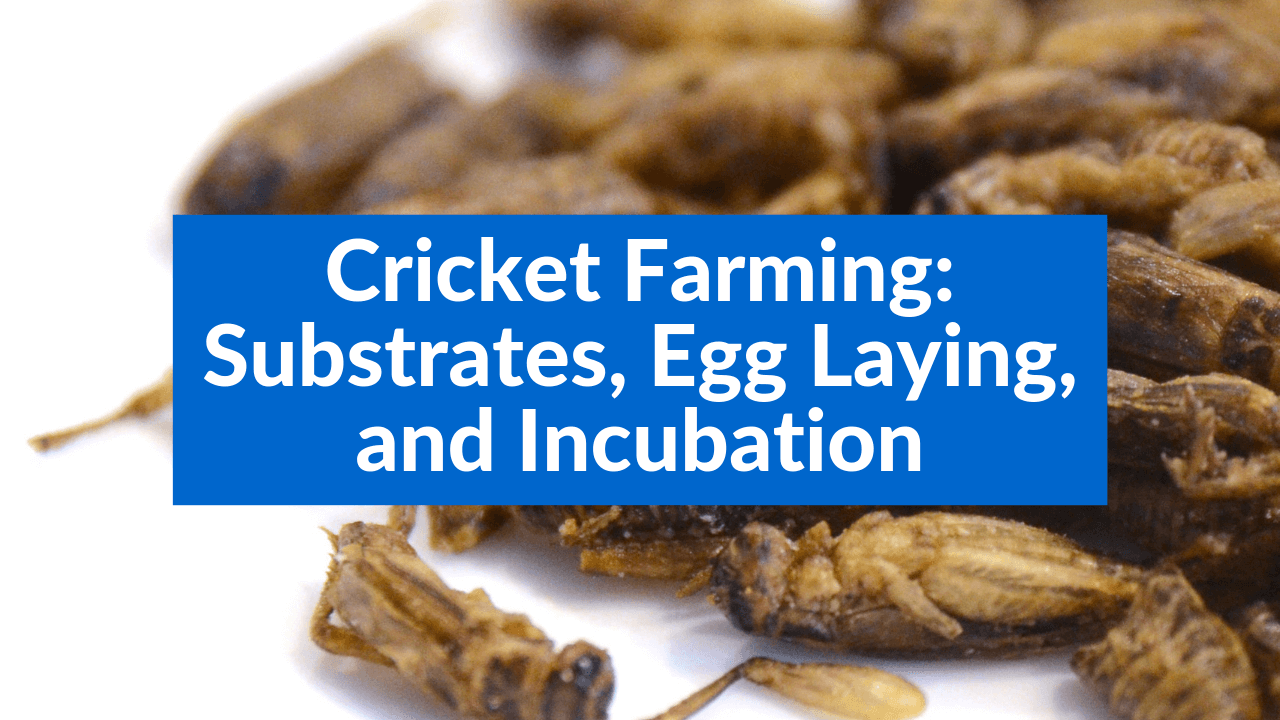
 Cricket Farming6 years ago
Cricket Farming6 years agoCricket Farming: Substrates, Egg Laying, and Incubation Tutorial 5
-
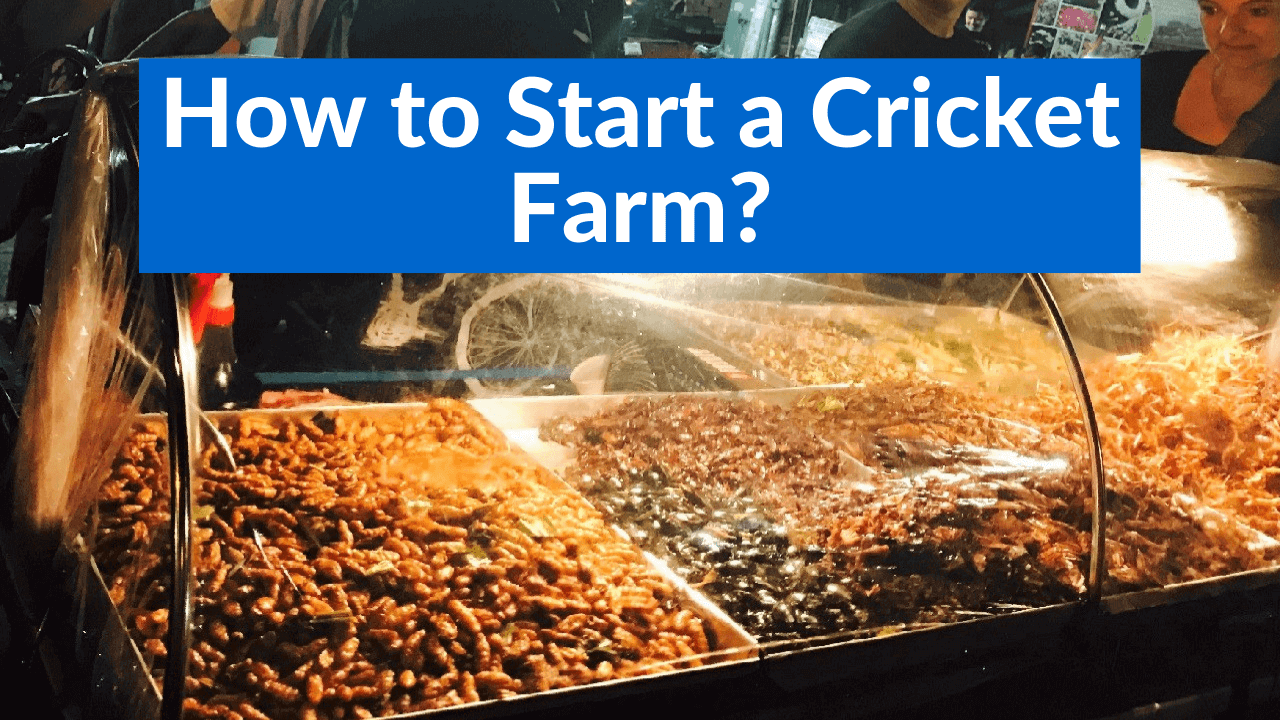
 Cricket Farming6 years ago
Cricket Farming6 years agoHow to Start a Cricket Farm? Tutorial 1
-
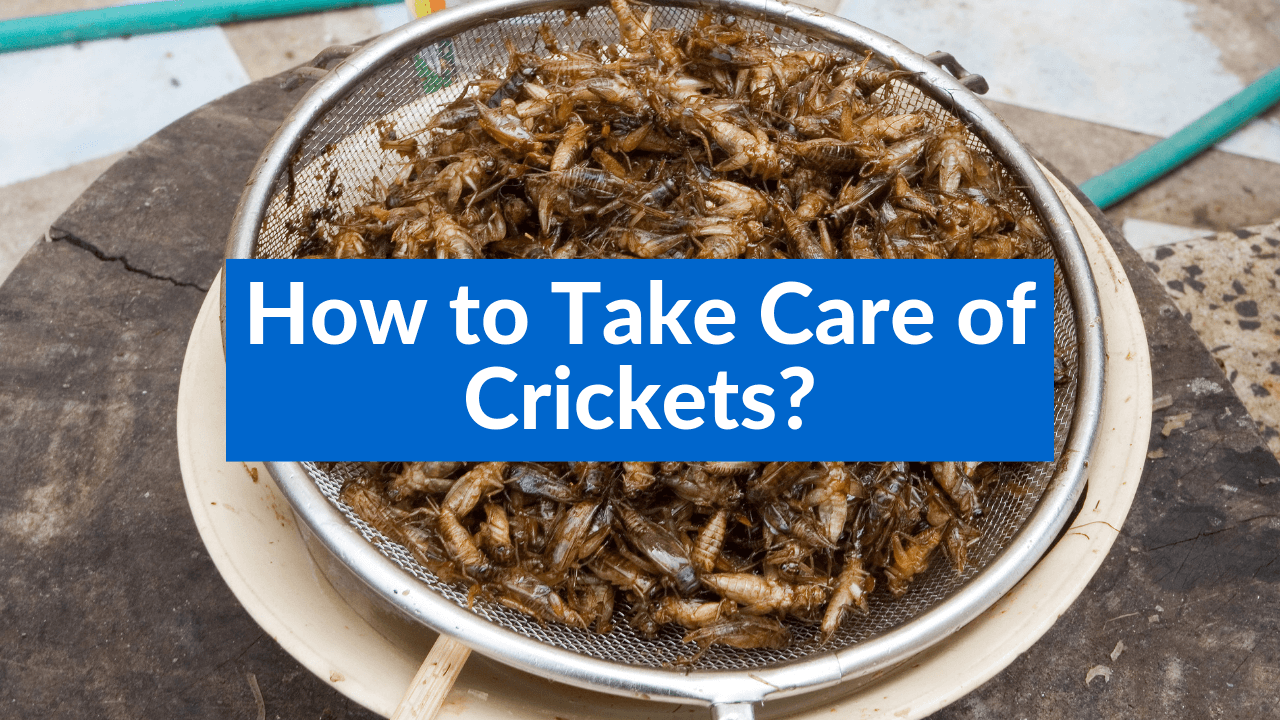
 Cricket Farming6 years ago
Cricket Farming6 years agoHow to Take Care of Crickets, Maintenance, Cleaning and Feeding Tutorial 7
-
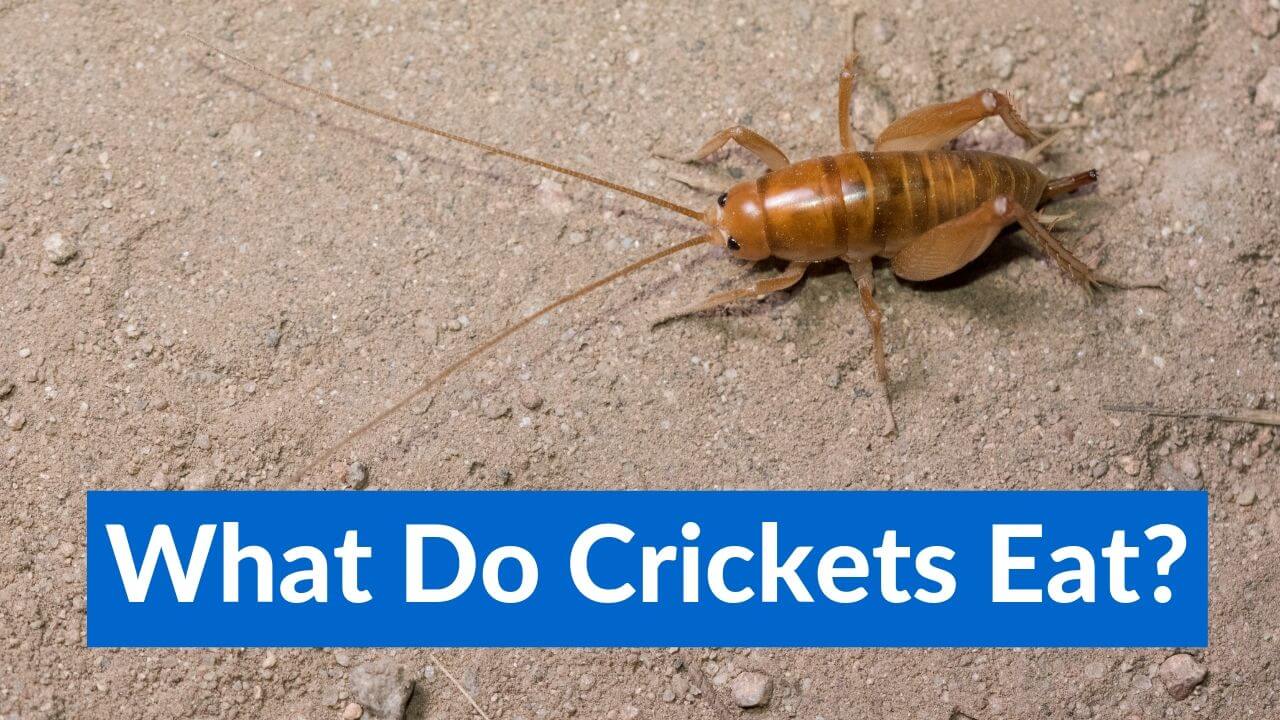
 Cricket insect6 years ago
Cricket insect6 years agoWhat Do Crickets Eat What To Feed Your Pet Crickets


